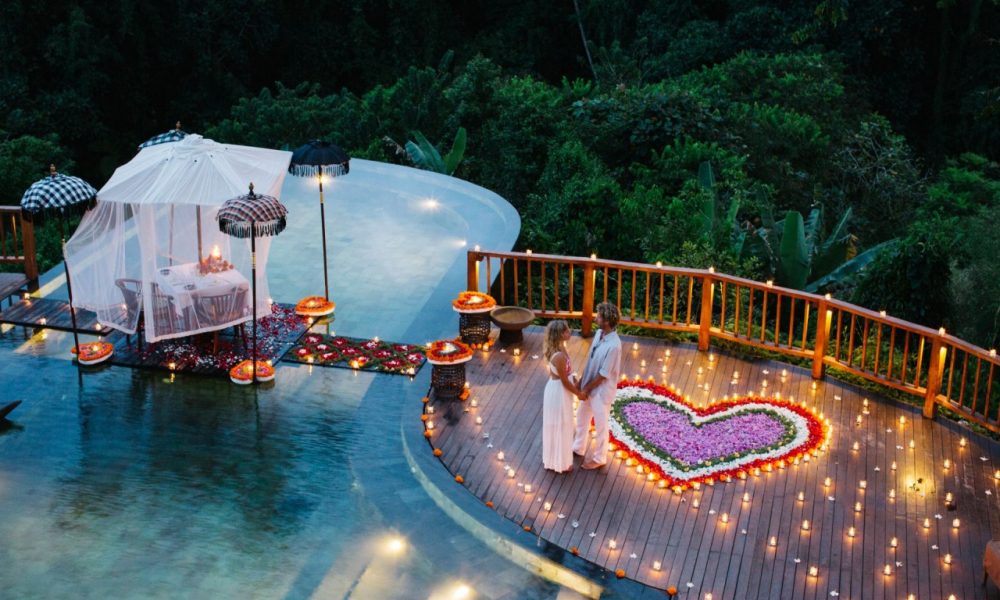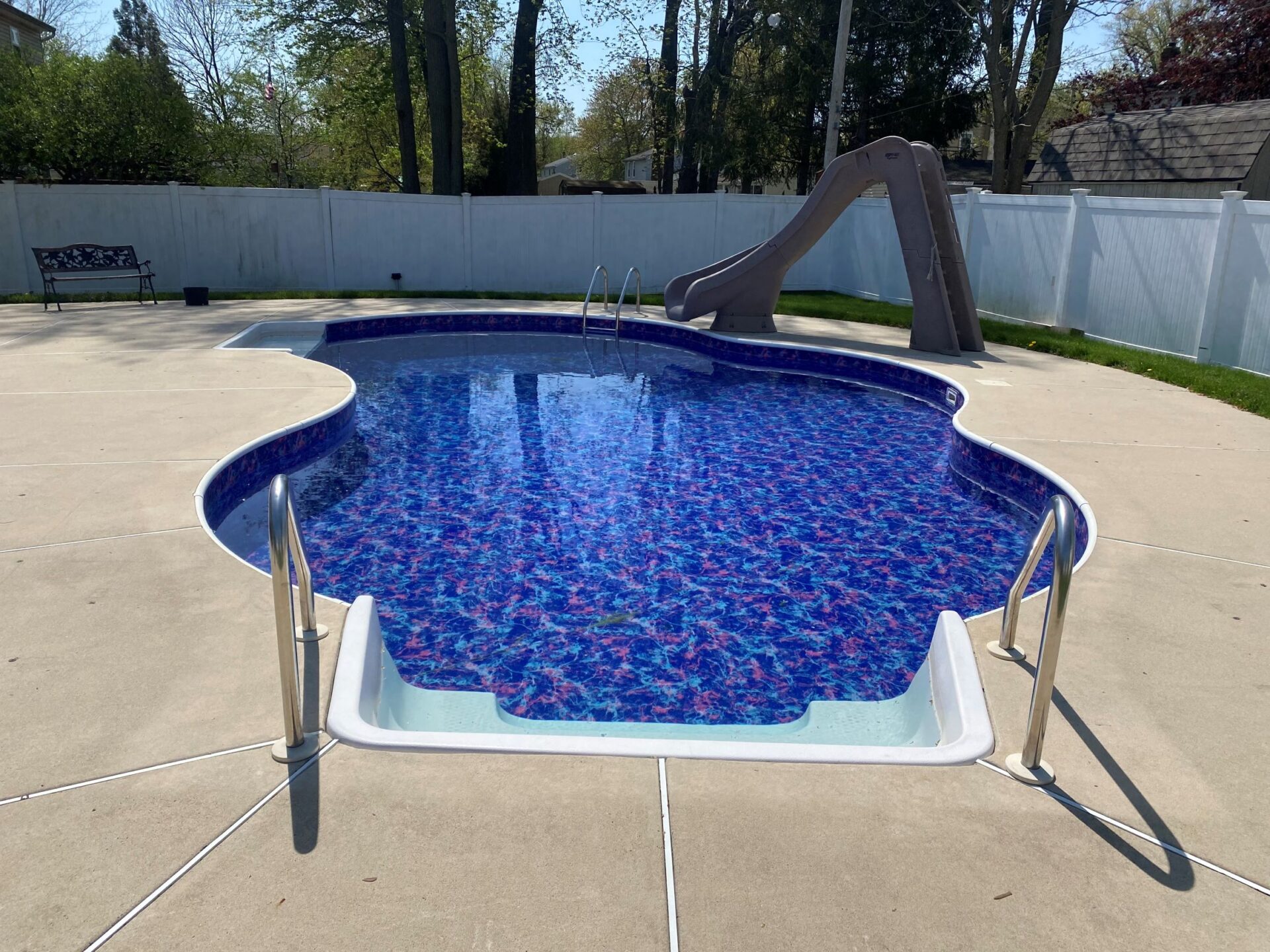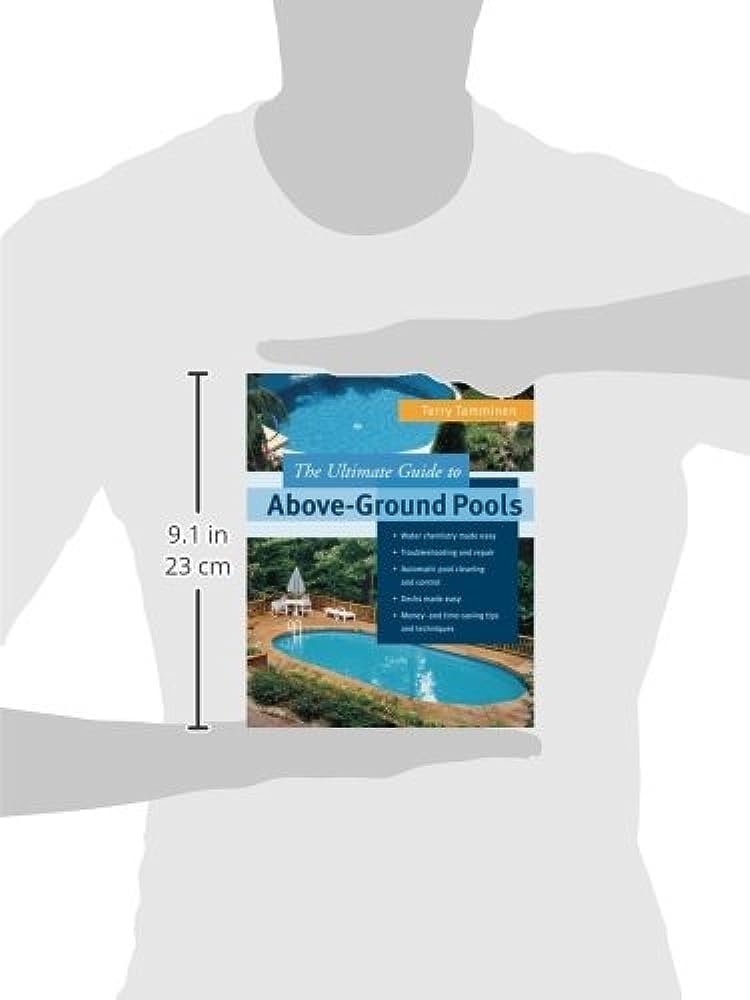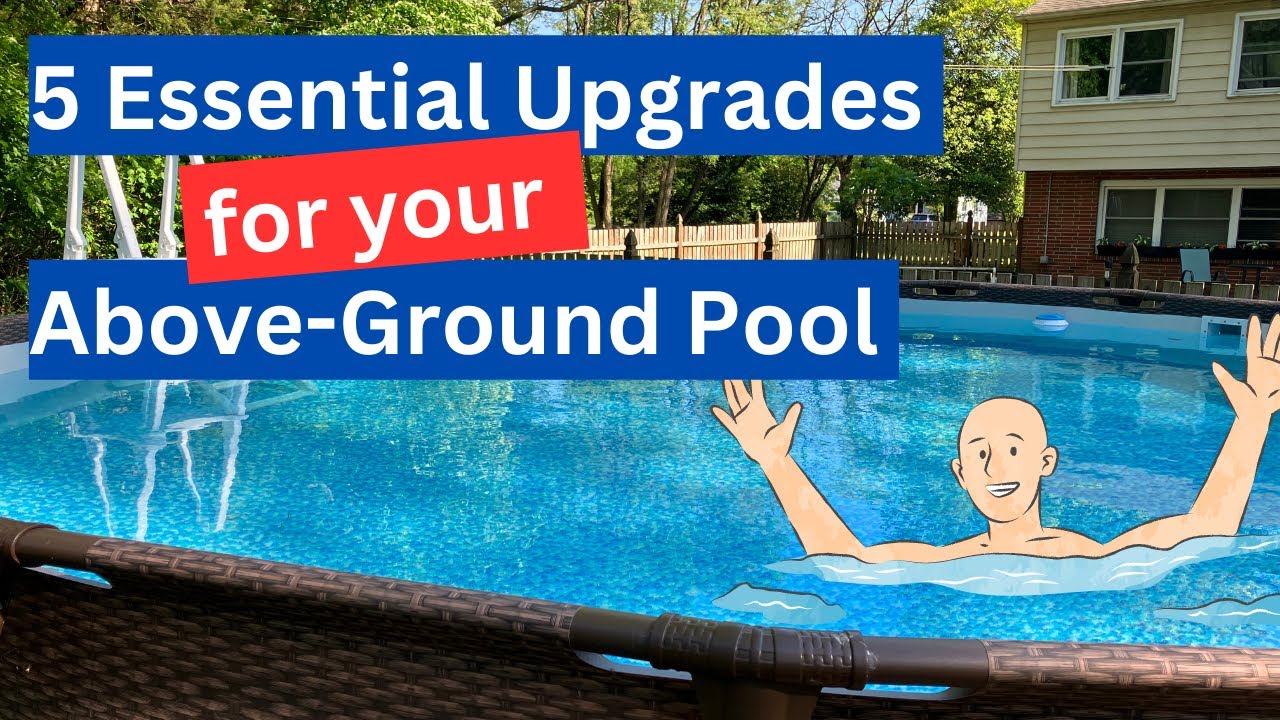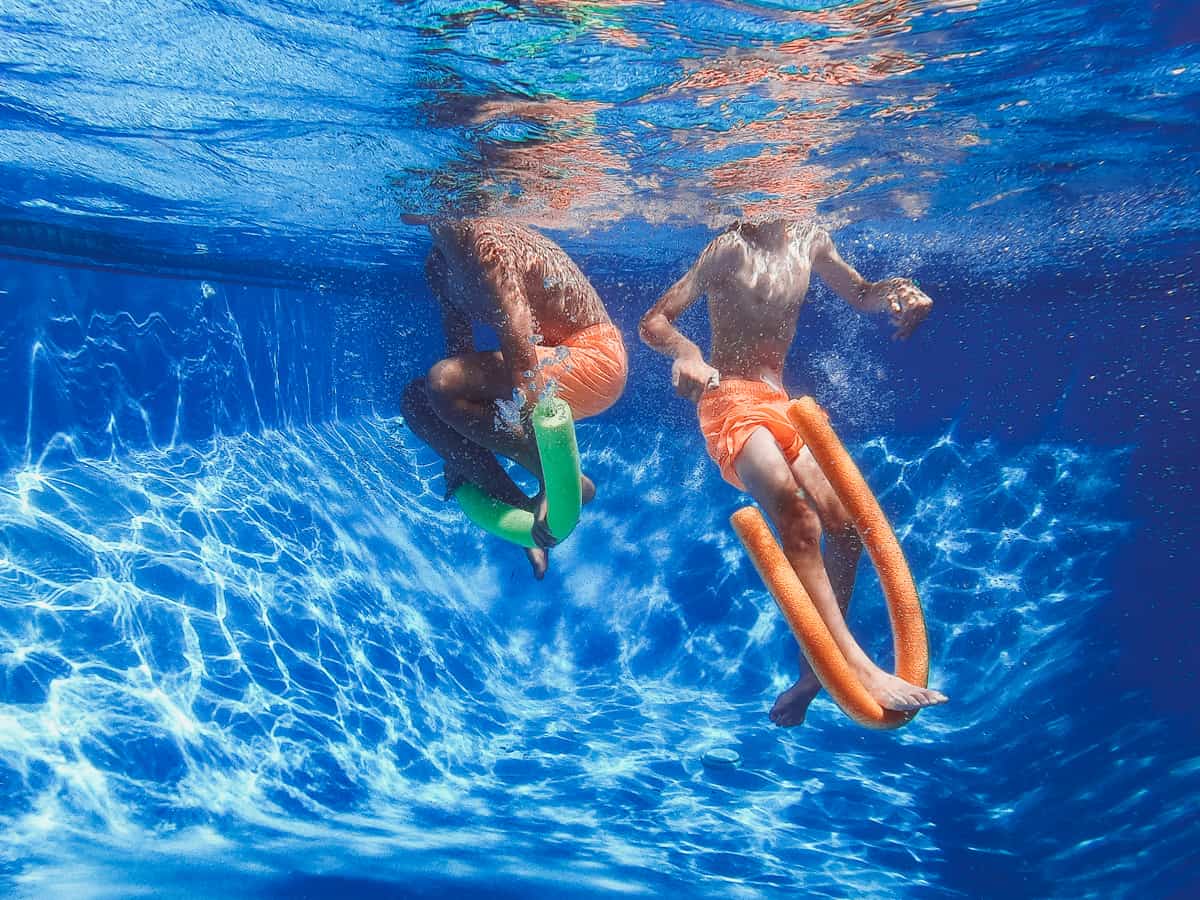When it comes to heating a pool, there are numerous options available, each with their own advantages and considerations. From natural gas or propane pool heaters to electric heat pumps and solar pool covers, pool owners must carefully evaluate the cost, efficiency, and environmental impact of each method. Additionally, strategies like insulation and pool location can help maintain temperature and reduce heat loss. By understanding the benefits and drawbacks of these options, pool owners can make an informed decision that suits their specific needs and preferences.
Key Takeaways
- Natural gas or propane pool heaters are effective for quickly warming pool water and extending the swimming season, but they have ongoing costs and higher installation expenses.
- Electric heat pumps are slower at heating pools and less efficient in colder temperatures, but they are cheaper to run in the long term and more eco-friendly than gas heaters.
- Solar pool covers act as insulators and can maintain pool temperature, but they are not a viable option for extending the swimming season.
- Other options such as solar domes, solar pool heaters, pool enclosures, and insulation can also contribute to heating a pool, but may require additional methods for optimal results.
Natural Gas or Propane Pool Heater
Gas heaters are highly effective at quickly warming pool water and operate well in colder temperatures, making them an excellent choice to extend the pool season into the fall. A gas heater is a popular option for pool owners who want to enjoy their pool even when the weather starts to cool down. These heaters are capable of heating pool water up to 20 degrees in just 10-12 hours, allowing you to have a comfortable swimming experience even on chilly days.
One of the advantages of gas heaters is their simplicity and relatively low installation cost. Gas heaters typically cost between $1,500 and $5,000 for installation, making them a more affordable option compared to other pool heating methods. In terms of ongoing costs, gas heaters require $3-$7 per hour to run, which can add up depending on the frequency and duration of pool usage. However, the convenience and effectiveness of gas heaters make them a worthwhile investment for many pool owners.
When it comes to gas heaters, the Hayward Universal H-Series 150,000 BTU Propane Pool and Spa Heater is a reliable option. It offers efficient heating performance and is designed to withstand harsh weather conditions. With its user-friendly interface, you can easily set the desired water temperature and enjoy a warm pool whenever you want.
While gas heaters are a great choice for quickly heating pool water, they do have some drawbacks. Gas heaters are not as energy-efficient as other options, such as electric heat pumps. In addition, they can produce greenhouse gas emissions, which may not align with environmentally-conscious pool owners’ preferences.
To explore a more energy-efficient option, let’s now discuss the electric heat pump.
Electric Heat Pump
When considering pool heating options, the electric heat pump offers a range of benefits. While it may be slower at heating pools and less efficient in colder temperatures, it is a more cost-effective option in the long term. With lower monthly operating costs and a more eco-friendly design, electric heat pumps can extend the swimming season by over a month, making them a viable choice for pool owners looking for efficient and sustainable heating solutions.
Efficiency in Colder Temperatures
The electric heat pump’s efficiency in colder temperatures can be affected by various factors. Here are three key considerations to keep in mind:
- Temperature Differential: The greater the temperature difference between the air and the desired water temperature, the harder the heat pump has to work. As the temperature drops, the efficiency of the heat pump decreases, resulting in slower heating times.
- Size of the Heat Pump: It’s important to choose the right size heat pump for your pool. A heat pump that is too small may struggle to heat the pool efficiently in colder temperatures, while a larger heat pump may be more effective but also more costly to operate.
- Insulation and Wind Exposure: Proper insulation and minimizing wind exposure can significantly improve the efficiency of an electric heat pump in colder temperatures. Insulating the pool and blocking wind can help retain heat and reduce the workload on the heat pump.
Long-Term Cost Comparison
Compared to other pool heating options, the electric heat pump offers a more cost-effective long-term solution. While it may be slower at heating pools and less efficient in colder temperatures, the electric heat pump is cheaper to run in the long term. The initial installation cost ranges from $2,000 to $8,000, but the ongoing monthly operating cost is only between $30 and $200. This makes it a more affordable option compared to natural gas or propane pool heaters, which can cost $3 to $7 per hour to run. Additionally, the electric heat pump is more eco-friendly, extending the swimming season for over a month. Considering the long-term pool heating cost and environmental impact, the electric heat pump proves to be a practical choice for pool owners. Moving forward, let’s explore the benefits of an eco-friendly heating option.
Eco-Friendly Heating Option
For pool owners seeking an eco-friendly heating option, the electric heat pump is a highly recommended choice. Here are three reasons why an electric heat pump is a great option for energy-efficient heating:
- Efficiency: Electric heat pumps are known for their high energy efficiency. They work by extracting heat from the surrounding air and transferring it to the pool water. This process requires much less energy compared to other heating options, resulting in lower operating costs and reduced environmental impact.
- Extended Swimming Season: Electric heat pumps can extend the swimming season by maintaining a comfortable water temperature for a longer period. They are designed to work efficiently even in cooler temperatures, allowing pool owners to enjoy their pool well into the fall or even year-round in some regions.
- Eco-Friendly: Electric heat pumps produce fewer greenhouse gas emissions compared to gas heaters, making them a more environmentally friendly choice. By opting for an electric heat pump, pool owners can enjoy a warm pool while minimizing their carbon footprint.
Solar Pool Cover
Solar Pool Cover’s ability to act as an insulator makes it a cost-effective and eco-friendly option for maintaining pool temperature and preventing heat loss. Solar covers, also known as solar blankets or solar rings, are designed to harness the power of the sun to warm the pool water. These covers are made of a special material that absorbs sunlight and transfers the heat to the pool. They can warm the water by 10-15 degrees, making them an efficient choice for solar pool heating.
To give you a better understanding of the benefits of solar pool covers, here is a table highlighting their key features:
| Feature | Description |
|---|---|
| Insulation | Solar covers act as insulators, preventing heat loss and maintaining pool temperature. |
| Temperature Increase | Solar blankets can warm the water by 10-15 degrees, making the pool more comfortable for swimming. |
| Heat Retention | Liquid solar covers can maintain 75% of the pool temperature, while solar rings can maintain 60-80%. |
| Cost | Solar pool covers have a low initial cost and essentially zero ongoing costs, making them affordable. |
| Eco-Friendly | Solar covers harness renewable energy from the sun, making them a sustainable choice for pool heating. |
In addition to their insulation properties, solar pool covers offer other advantages. They are easy to use and require minimal maintenance. Moreover, they can be used in conjunction with other heating sources, such as gas heaters or heat pumps, to further enhance the heating efficiency of your pool.
While solar pool covers are not a viable option for extending the swimming season, they are an excellent choice for maintaining pool temperature and preventing heat loss. With their cost-effectiveness and eco-friendly nature, solar pool covers are a popular choice among pool owners looking for sustainable pool heating solutions.
Solar Pool Heater
When considering a solar pool heater, there are several important points to consider. Firstly, the efficiency of solar heating should be taken into account, as it relies on harnessing the power of the sun to heat the pool water. Additionally, the cost of solar installation is a key factor, as it can vary depending on the size of the pool and the specific system chosen. Finally, it is important to consider the compatibility of a solar pool heater with other methods of pool heating, as combining different heating options can provide optimal results.
Efficiency of Solar Heating
Solar pool heaters are highly efficient, capable of raising the pool water temperature by 5-10 degrees Celsius. Here are three reasons why solar heating is an efficient option for heating your pool:
- Cost-effective: Solar pool heaters have low operating costs since they utilize the sun’s energy to heat the water. Once installed, they have essentially zero ongoing costs, making them a cost-effective choice in the long run.
- Environmentally friendly: Solar heating systems are eco-friendly as they rely on renewable energy from the sun. By harnessing solar power, you can reduce your carbon footprint and decrease your dependence on fossil fuels.
- Extended swimming season: Solar pool heaters can extend your swimming season by maintaining a comfortable water temperature for a longer period. With solar heating, you can enjoy your pool earlier in the spring and later in the fall.
With the efficiency of solar heating in mind, let’s now explore the cost of solar installation.
Cost of Solar Installation
When considering the cost of installing a solar pool heater, it is important to take into account various factors such as initial investment, maintenance costs, and potential long-term savings. The cost of solar installation can vary depending on the size of the pool and the type of solar heater chosen. On average, the cost of installing a solar pool heater can range from $3,000 to $7,000. This includes the cost of the solar panels, installation, and any additional equipment needed.
While the upfront cost may be higher compared to other heating options, solar pool heaters have minimal ongoing costs as they rely on the sun’s energy. Additionally, solar pool heaters can provide significant long-term savings as they reduce the need for traditional heating methods. With proper maintenance, solar pool heaters can last for over 20 years.
Transitioning into the next section, it is also important to consider the compatibility of solar pool heaters with other heating methods.
Compatibility With Other Methods
Furthermore, how well does a solar pool heater work in conjunction with other heating methods? Here are three key points to consider when it comes to the compatibility of a solar pool heater with other pool heating methods:
- Solar Pool Cover: A solar pool heater can work effectively with a solar pool cover. The cover acts as an insulator, preventing heat loss from the pool. When used in combination with a solar pool heater, the cover helps to maintain the temperature of the pool water, reducing the reliance on the heater and maximizing energy efficiency.
- Gas or Electric Pool Heater: Solar pool heaters can also be used in conjunction with gas or electric pool heaters. When the weather is colder or when a quicker heat-up time is desired, the gas or electric heater can be used to supplement the heat provided by the solar pool heater.
- Heat Pump: Similarly, a solar pool heater can be used alongside a heat pump. While heat pumps are not as efficient in colder temperatures, they are more cost-effective to run in the long term. By combining a solar pool heater with a heat pump, pool owners can benefit from the cost savings of the heat pump while still utilizing the solar energy provided by the heater.
Solar Dome
One option for heating a pool is the use of a dome-shaped solar device, also known as a solar dome. A solar dome is a portable and cost-effective way to heat your pool using solar energy. It consists of a clear plastic dome that traps heat from the sun and transfers it to the pool water. The dome is placed on top of the pool, allowing the sunlight to penetrate through and warm the water.
The solar dome works by harnessing the power of the sun’s rays to heat the pool water. The clear plastic material of the dome acts as a solar collector, absorbing the heat from the sun and transferring it to the pool water. As the water circulates through the dome, it gets heated and then returned to the pool, raising the overall temperature.
One of the key advantages of using a solar dome is its simplicity and ease of use. It requires no additional equipment or installation, making it a convenient option for pool owners. It is also a cost-effective solution, as it relies solely on solar energy to heat the pool, resulting in lower energy bills.
However, it is important to note that the effectiveness of a solar dome can be influenced by factors such as the size of the pool, the amount of sunlight available, and the ambient temperature. In regions with limited sunlight or colder climates, the solar dome may not be as effective in heating the pool water.
GAME SolarPRO Curve Solar Above-Ground Pool Heater
The GAME SolarPRO Curve Solar Above-Ground Pool Heater offers an efficient and eco-friendly solution for heating your pool. Here are three key features of this solar pool heater:
1) Energy-efficient: The GAME SolarPRO Curve Solar Above-Ground Pool Heater utilizes the power of the sun to heat your pool water. It features a curved design that maximizes solar collection, allowing for optimal heat transfer. By harnessing solar energy, this pool heater helps reduce your carbon footprint and lowers your energy costs.
2) Easy to install and operate: Installing the GAME SolarPRO Curve Solar Above-Ground Pool Heater is a breeze. It comes with all the necessary components, including a bypass valve kit, adapters, and hoses, making the installation process quick and straightforward. Once installed, operating the pool heater is simple. Just position it in a sunny area, connect it to your pool’s water circulation system, and let the sun do the rest.
3) Adjustable temperature settings: The GAME SolarPRO Curve Solar Above-Ground Pool Heater allows you to customize your pool’s water temperature. It features adjustable temperature settings that allow you to increase or decrease the heat output based on your preferences. This flexibility ensures that you can enjoy your pool at the perfect temperature, whether you prefer a refreshing dip or a warm soak.
Pool Enclosures
With a pool enclosure, you can enjoy swimming year-round while protecting your pool from the elements. Pool enclosures are structures that cover the pool area, providing a controlled environment that keeps out debris, insects, and inclement weather. They come in various designs and materials, allowing you to choose one that suits your preferences and budget.
One of the main benefits of a pool enclosure is that it extends your swimming season. By enclosing your pool, you can maintain a comfortable water temperature even during cooler months. The enclosure acts as a barrier against wind and cold air, trapping heat inside and preventing heat loss. This can significantly reduce the amount of energy needed to heat your pool, saving you money on utility bills.
In addition to temperature control, pool enclosures offer other advantages. They provide a safe and secure environment, especially for families with young children or pets. The enclosure acts as a protective barrier, preventing accidental falls into the pool and keeping unauthorized access at bay. Furthermore, pool enclosures can also act as a privacy screen, shielding your pool area from prying eyes.
When choosing a pool enclosure, it is important to consider factors such as material durability, maintenance requirements, and aesthetics. Common materials used for pool enclosures include aluminum, glass, and polycarbonate. Each material has its own advantages and drawbacks, so it is important to research and choose one that best suits your needs.
Frequently Asked Questions
How Do I Know if a Natural Gas or Propane Pool Heater Is the Right Option for My Pool?
To determine if a natural gas or propane pool heater is the right option for your pool, there are several factors to consider. Firstly, gas heaters are known for their ability to quickly warm pool water and perform well in colder temperatures, allowing you to extend your pool season into the fall. Additionally, they are relatively inexpensive to install and simple to use. However, it is important to note that gas heaters have ongoing costs of $3-$7 per hour to run. Ultimately, the decision should be based on your specific needs and budget.
Are Electric Heat Pumps More Cost-Effective in the Long Run Compared to Gas Heaters?
Electric heat pumps are a more cost-effective option in the long run compared to gas heaters. Although they are slower at heating pools and less efficient in colder temperatures, heat pumps have lower ongoing operating costs, ranging from $30 to $200 per month. Additionally, they are more environmentally friendly than gas heaters and can extend the swimming season for over a month. However, it is important to consider the initial installation cost, which ranges from $2,000 to $8,000.
Can a Solar Pool Cover Be Used as the Sole Heating Source for a Pool?
A solar pool cover can help maintain the temperature of a pool by acting as an insulator and preventing heat loss. However, it may not be a viable option as the sole heating source for a pool, especially if the goal is to extend the swimming season. While solar covers can warm the water by 10-15 degrees, they are not as effective in colder climates or during the winter months. To achieve optimal results, additional methods such as pool heaters or solar pool heaters may be needed.
What Are the Advantages of a Solar Dome Over Other Solar Pool Heating Options?
The advantages of a solar dome over other solar pool heating options include its efficiency and versatility. Solar domes are designed to capture and retain solar energy, converting it into heat that can warm the pool water. They can be easily installed and are suitable for both above-ground and in-ground pools. Solar domes are also cost-effective, as they rely on renewable solar energy and require minimal maintenance. Additionally, their compact size and portability make them a convenient option for pool owners.
Can Pool Enclosures Help Retain Heat in the Pool and Extend the Swimming Season?
Pool enclosures can help retain heat in the pool and extend the swimming season. By creating a barrier around the pool, enclosures prevent heat loss and keep the pool water warm. They also protect the pool from debris, reduce evaporation, and provide a comfortable swimming environment regardless of the weather conditions. The effectiveness of pool enclosures in retaining heat and extending the swimming season depends on various factors such as the type of enclosure, insulation, and the climate in which the pool is located.

